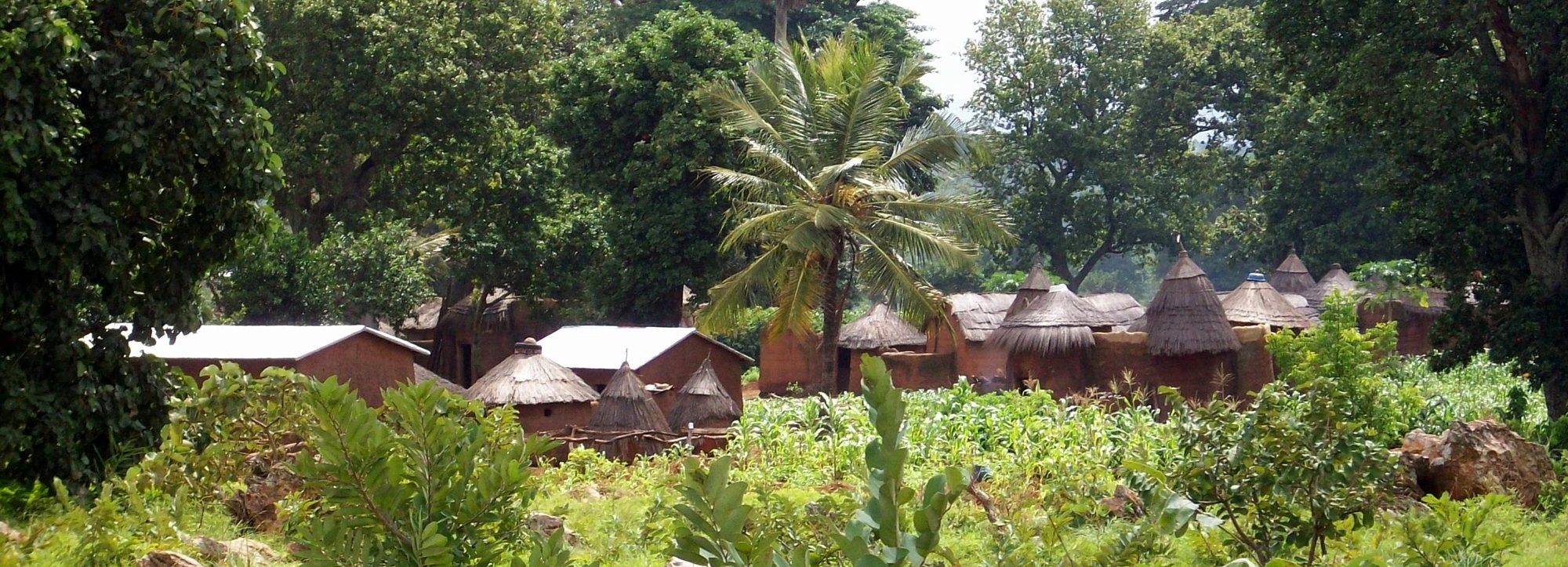Master of Arts Development Economics and International Studies (MA DEIS)
Are you interested in learning more about the countries around the globe and the challenges they face?
What policies work – and why – in fields such as education, health, financial services, and governance in order to improve the livelihoods of the poor?
How can firms create innovative solutions for sustainable development and ensure that they comply with ethical standards in a highly globalized world?
Are you keen on learning the skills to collect and analyze quantitative and qualitative data in order to test theories and evaluate policies?
Do you see yourself working for an international organization, in the field of development cooperation, or in a private sector firm with an interest in Corporate Social Responsiblity and sustainability?
The “Master of Arts in Development Economics and International Studies” (MA DEIS) is an economics-centered program designed to enhance the knowledge and skills of students planning to work in or seek leadership responsibilities in public, non-profit, and private sector organizations for international cooperation and development. It is also aimed at students intending to work at the intersection between research and practice and at those pursuing an academic career in study-related subjects.
It is a two-year (four-semester) program and includes rigorous training in analytical as well as quantitative methods. In particular, with the increasing availability of micro data (e.g. household- or firm-level data) and the importance of evidence-based policy making, students learn how to do applied empirical work in (development) economics, with a special emphasis on impact evaluations. This includes both experimental methods, such as randomized field experiments, and quasi-experimental methods. The program hence provides students with the skills to understand much of the empirical literature in development economics. Also, and importantly, as part of this training, students will become acquainted with the statistical software Stata, with the aim to enable students to do their own empirical analyses.
Each year, a group of about 20-25 students enrolls in the program with 60%-80% of students coming from abroad. The language of instruction is English. Students have the possibility of going abroad during their studies as well as doing internships or field work. Every term, there are additionally about 5 exchange students from the institute’s many partner universities.Please see the Program page for more information.
The ideal candidate has
- a strong interest in questions related to economic development and/or business ethics and sustainability,
- had some university courses in one or more of these areas,
- gained some work experience in these fields (e.g. an internship in an international organization),
- is keen to analyze (micro) data with Stata.
For the formal requirements, please go to ‘How to Apply’.
Last updated: April 2020


